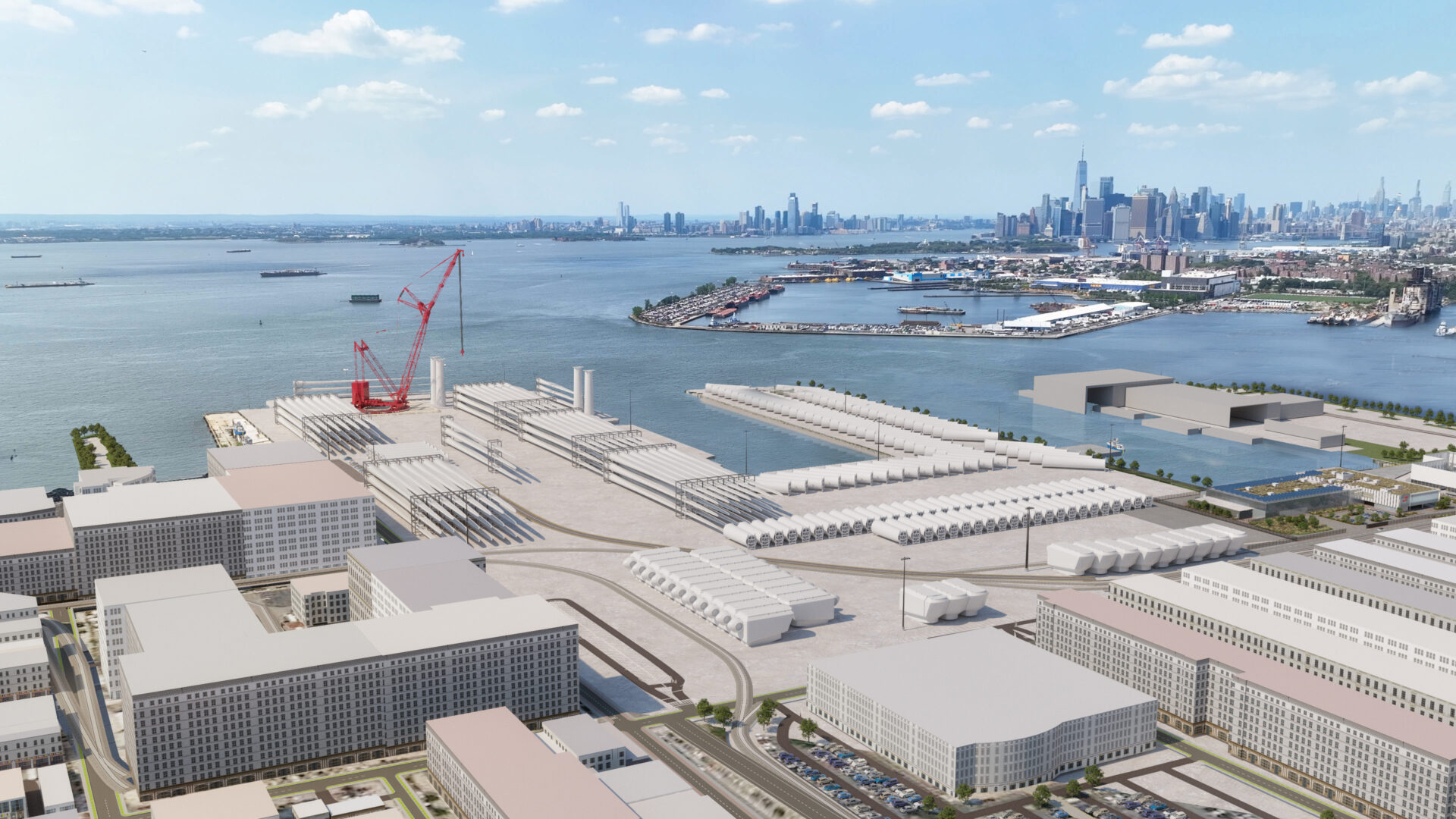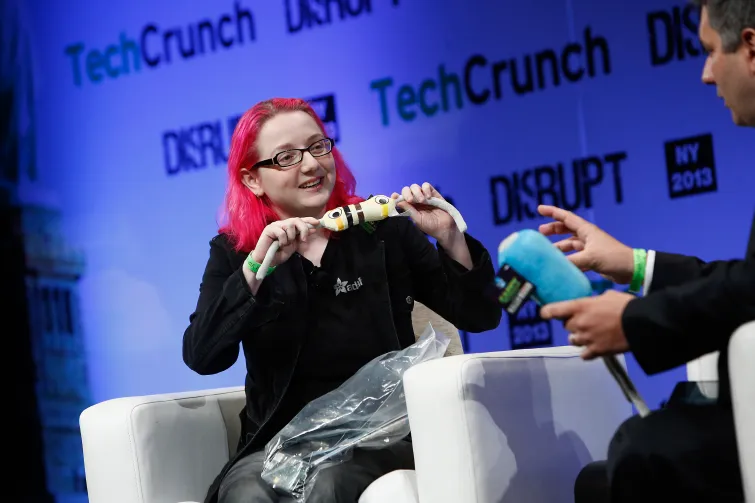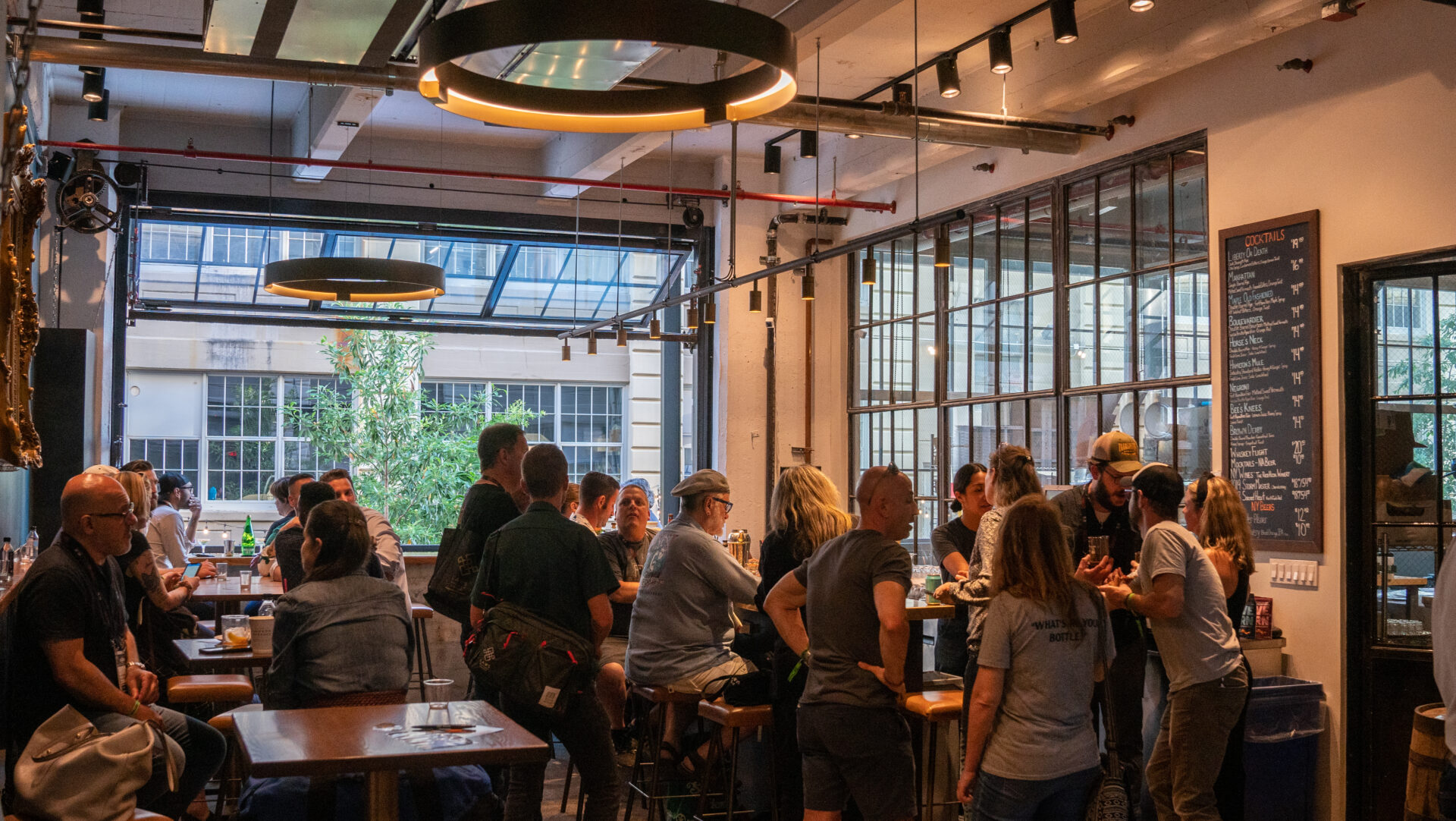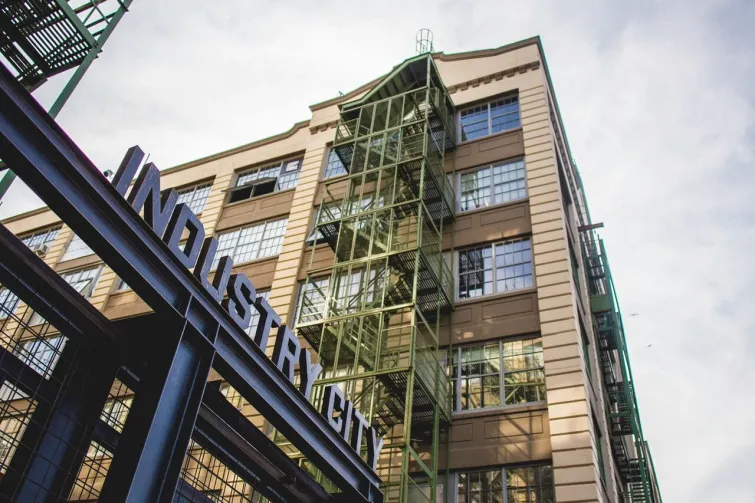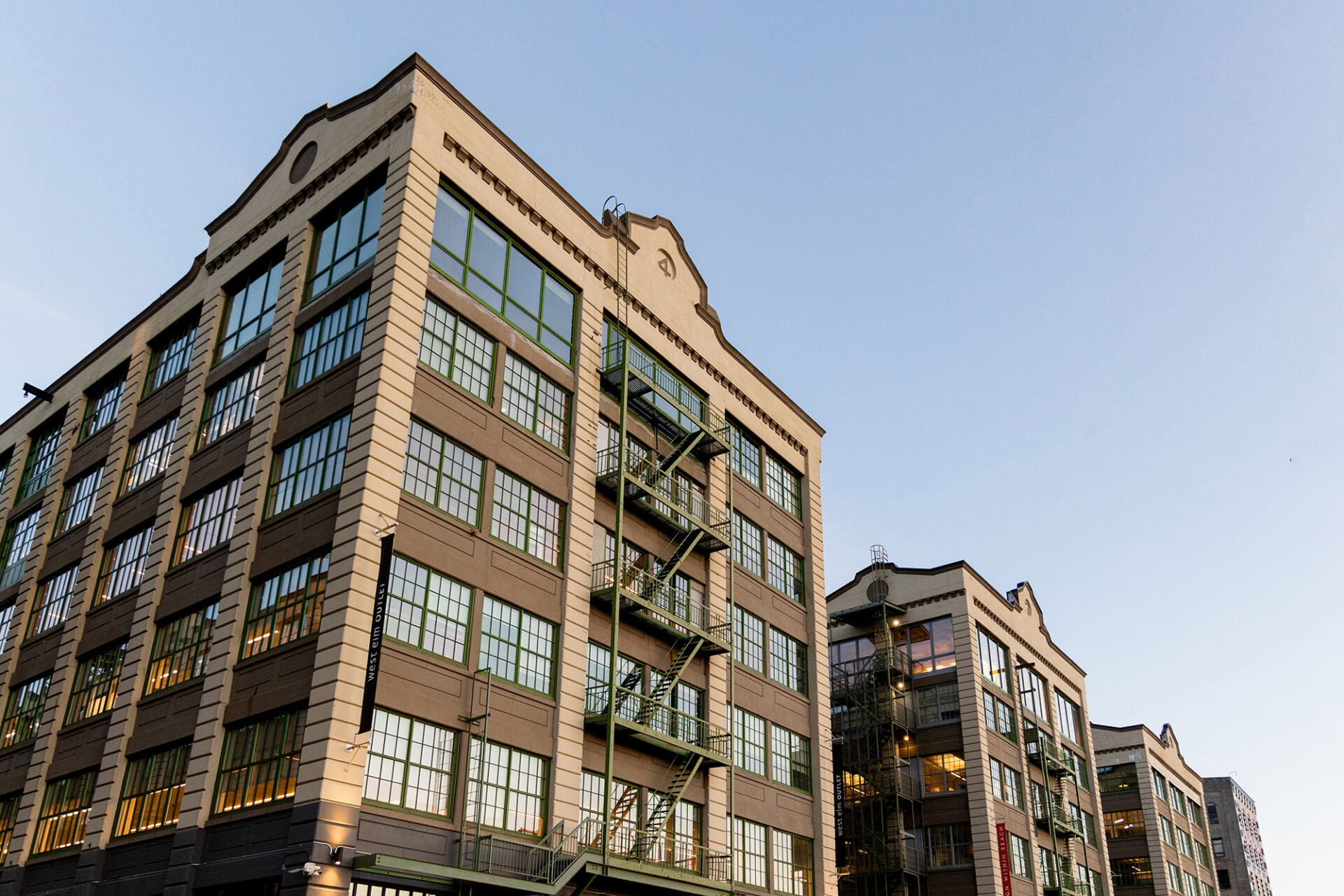Brooklyn Evolution Startup Melonfrost Raises $7 Million To Make More Microbes

Sam Levin’s grandfather was a fifth-generation potato farmer in Western Massachusetts, struggling to compete with dropping potato prices from industrial farms in the Midwest. After trying to grow a number of other crops, a set of melon seeds smuggled from Puerto Rico seemed to do the trick, thriving in the region’s sandy loam soil. Those melons were just about ripe for harvesting, until a frost set in and killed the crop — so the family legend goes.
Levin is now CEO and co-founder of Melonfrost, a Brooklyn-based evolution start-up that combines its proprietary software and hardware to steer evolution in an automated closed loop. The technology aims to provide a novel method for designing and producing new microbes at scale for everything from food and energy to therapeutics and synthetic materials — all a part of not engineering or constructing the future, but rather, growing it. “For us, it’s about no longer being fully at the whim of such disasters as frost, metaphorically being able to make frost-hardy melons for whatever the desired use may be,” he explains.

Various tools to grow microbes with specific traits for desired uses have historically been constrained by the ability to scale — creating a bottleneck of going from an edited strain to a commercialized one — with many methods to do so relying on relatively expensive and somewhat brute force guess-and-check approaches typically based on mutations to a genetic sequence. Instead, Melonfrost’s recent $7 million seed round, co-led by Refactor Capital and Alexandria Venture Investments, supports a thesis that “evolution is and still will be, for a long time, the best designer of organisms,” as Levin puts it.
At the core of this focus on selecting for phenotype are Melonfrost’s Evolution Reactor hardware and Maia, its proprietary software platform. Maia is a suite of machine learning algorithms that learn how organisms evolve — with respect to different selection pressures and environmental conditions as they relate to measured phenotypes — and iteratively return a set of instructions in the form of further selection pressures to continue to evolve a desired set of traits, whether yield or frost resistance. This input and output data connect Maia to the Evolution Reactor, the apparatus for individually controlling, measuring, and applying these encoded selection pressures to cultivate thousands of independent microbial populations on parallel evolutionary trajectories.
Steering evolution at scale is made possible by a series of hardware innovations encapsulated in an array of modular units in the Evolution Reactor, each of which hold approximately 250 individual microbial populations. The two platforms, virtual and mechanical, are woven together by cloud software that closes the loop of the automated evolution steering platform — data measured by hardware fed into software, instructions delivered back to hardware through updates to modeling software — which iterates until the desired phenotypic goal is achieved or the loop is shut off. Currently, the entire system just about fits in Melonfrost’s Brooklyn lab space, but Levin articulates the vision for this hardware-software interface as a “biological data center” in the form of an Evolution Reactor warehouse.
This seed round is the next step towards the full form of this evolutionary steering system — funding the next phase of building out the Evolution Reactor hardware and moving Melonfrost towards its first customer in the edible fats space of the food sector. “Feeding the world without destroying it in the process is an area of synthetic biology in particular where there are a lot of bottlenecks in getting from initial build-up to production,” Levin emphasizes. This focus on building a healthier world through food is not new for Levin and his co-founder, Head of Engineering & Design, and childhood friend, Loren Amdahl-Culleton. In high school, the duo started a farm for their cafeteria to increase student investment in the learning community and push towards sustainability. Despite spending undergraduate and graduate school years separated by an ocean and an entire country, the two kept in touch from Oxford to Stanford as they studied evolutionary dynamics and reinforcement learning, respectively, and began to notice the potential for filling gaps in evolutionary models with machine learning tools given similarities in their underlying mathematics. With two other childhood friends, Melonfrost was born — driven by making positive impact by synthesizing across disparate fields, from cutting-edge machine learning and hardware engineering to synthetic biology and precision custom software tools.
“Any one of those endeavors would require a lot of expertise, failure, and innovation, so it is somewhat unusual to be doing all of those at the same time,” Levin admits, “but these challenges are so big that you have to innovate on multiple fronts simultaneously and integrate very different kinds of scientists and engineers to really grow the future. It’s not just about aiming to bring new molecules or chemicals to market; rather, we need to fundamentally change the way the world’s resources come to be and move around.” For Melonfrost, the goal is not to eventually build in big factories and ship in cargo containers. Instead, the vision is to quickly, cheaply, and robustly fabricate and optimize new strains — extending into production at large to translate from learning the language of evolution to reliable biological outputs at scale — no matter when the metaphorical frost may come.
This is an article from Forbes published on January 25th, 2023; See the original article here.
Learn more about leasing office space at IC here.





